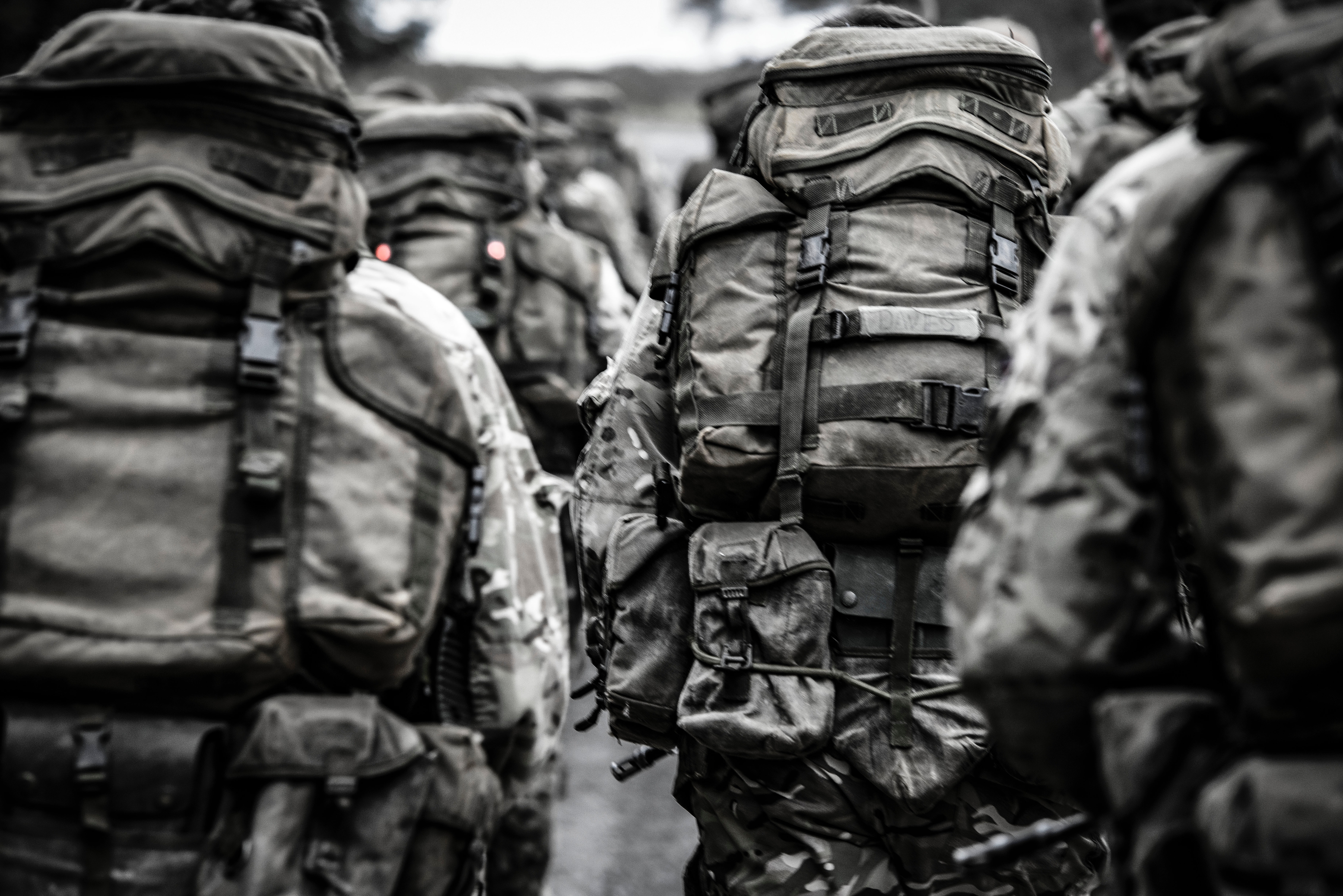The VA Medicinal Cannabis Research Act of 2018 was pushed with the support of veterans across US. This piece of legislation would help advance the understanding of the impacts medicinal cannabis usage and how it can improve the veterans lives as well as other people with health conditions.
SAN JUAN, Puerto Rico May 8, 2018/Canna-B News/ —The VA Medicinal Cannabis Research Act of 2018 would promote scientific and medical research into the safety and efficacy of medicinal cannabis usage on veterans diagnosed with post-traumatic stress disorder, chronic pain and other illnesses and injuries.
This will be done by (i) clarifying that research into medicinal cannabis is well within the authority of VA and (ii) by requiring VA to report to Congress on how it intends to exercise that authority.
The VA Medicinal Cannabis Research Act of 2018 is a pragmatic and bipartisan piece of legislation that will improve and in many cases save the lives of veterans.
The Act was introduced at the H.R. 5520 115th-Congress on April 16, 2018 by the Representative of Minnesota Tim Walz, Congressman Phil Roe of Tennessee and Representative of California J. Luis Correa.
The Bill calls on VA to conduct and support research relating to the efficacy and safety of cannabis for covered veterans diagnosed with chronic pain, post-traumatic stress disorder, and other conditions the VA Secretary determines appropriate.
The Bill also specifies for all research conducted, to have a mechanism to ensure for all data preservation, including all data sets, collected or used for purposes in a manner that will facilitate further research.
The Bill specifies the forms of cannabis where full plant will be researched, and among it’s delivery methods non-combustible inhalation will be included as part of the scientific research.
Which forms of cannabis will be researched?
- Full plants and extracts.
- At least three different strains of cannabis with significant variants in phenotypic traits and various of Tetrahydrocannabinol (THC) and Cannabidiol (CBD) in chemical composition.
- Other chemical analogs of THC.
Delivery methods to be studied



- Topical application.
- Combustible and non-combustible inhalation.
- Ingestion.
Implementation of the bill will begin 180 days after date of enactment, where a plan to implement should be developed and presented to the Committees on Veterans’ Affairs of the House of Representatives and the Senate.
During a five-year period the VA Secretary shall submit no less than once a year a report on the implementation of this bill.
The Bill was introduced by the Veterans Administration previously, and stated it could not research cannabis because of federal restrictions.
Cannabis/Marijuana remains a Schedule I illegal drug at the federal level, alongside heroin and LSD.
The Bill proposes legal authority for VA to “advance scientific and medical research into the safety and efficacy of medicinal cannabis usage by veterans.”
This represents an opportunity to study chronic pain treatment, symptoms of PTSD and possibly lower the use on opioids.
However, VA doctors still can’t prescribe cannabis to veterans even in places where medical use is regulated, federal healthcare programs won’t cover cannabis prescription.
About the VA Office of Research and Development
The groundbreaking achievements of VA investigators—more than 60 percent of whom also provide direct patient care—have resulted in three Nobel prizes, seven Lasker awards, and numerous other national and international honors.
VA Research fosters dynamic collaborations with its university partners, other federal agencies, nonprofit organizations, and private industry—thus furthering the program’s impact on the health of Veterans and the nation.
The Office of Research and Development consists of four research services that together form a cohesive whole to explore all phases of Veterans’ health care needs.
- Biomedical Laboratory Research & Development
- Clinical Science Research & Development Service
- Health Services Research & Development Service
- Rehabilitation Research & development Service
VA Medicinal Cannabis Research Act Actions
In order for the VA Medicinal Cannabis Research Act to become law, it needs to pass several bodies of the government all the way to the White House, should US President Donald Trump signs it and becomes a mandate for the Veterans’ Administration.
Date: TBD Act is Signed by President and becomes Law – Action by: U.S. President
Date: TBD Introduce Act to President – Action by: U.S. President
Date: TBD Get Referral to the President – Action by: U.S. Senate
Date: TBD Introduce in House Committee on Veterans’ Affairs – Action by: U.S. Senate
Date: TBD Get Referral to the Senate – Action by: U.S. House Committee on Veterans’ Affairs
05/18/2018 Placed on the Union Calendar, Calendar No. 533. – Action By: U.S. House Committee on Veteran’s Affairs
05/18/2018 Reported (Amended) by the Committee on Veteran’s Affairs. – Action By: U.S. House Committee on Veteran’s Affairs
05/8/2018 Ordered to be Reported (Amended) by Voice Vote. – Action By: U.S. House Committee on Veteran’s Affairs
05/8/2018 Subcommittee on Health Discharged – Action By: U.S. House Committee on Veteran’s Affairs
05/8/2018 Committee Consideration and Mark-up Session Held – Action By: U.S. House Committee on Veteran’s Affairs
04/16/2018 Referred to Subcommittee on Health – Action By: U.S. House Committee on Veteran’s Affairs
04/16/2018 Referred to the House Committee on Veterans’ Affairs. – Action By : U.S. House of Representatives
04/16/2018 Introduced in House – Action By : U.S. House of Representatives
What does TBD means? TBD -To be determined
Final thoughts
The Va Medicinal Cannabis Research Act has a long way to go before approval.
There are at least 23 supporters for this bill. The Veterans Administrations’ Scientific and Research Resources are key to the success of the soon to be law and have the best facilities and resources to provide significant scientific research that benefits not only veterans but licensed patients with chronic pain among other conditions.
Our veterans risk everything for us, we need to do all we can to help them once they come home and find relief for their conditions.” Avoiding the risk of becoming dependent on opioids, veterans could find relief in medical cannabis.
Sources:
https://www.research.va.gov/about/default.cfm
https://www.congress.gov/bill/115th-congress/house-bill/5520
Share this post
DISCLAIMER: The information and links contained in this website are provided for general information purposes only; it does not constitute legal or medical advice.
Although we endeavor to keep the information up to date and correct, Canna-B makes no representations or warranties of any kind, express or implied, about the completeness, accuracy, reliability, suitability or availability with respect to the website or the information, products, services, or related graphics contained on the website for any purpose.
Therefore, any reliance you place on such information is strictly at your own risk.

